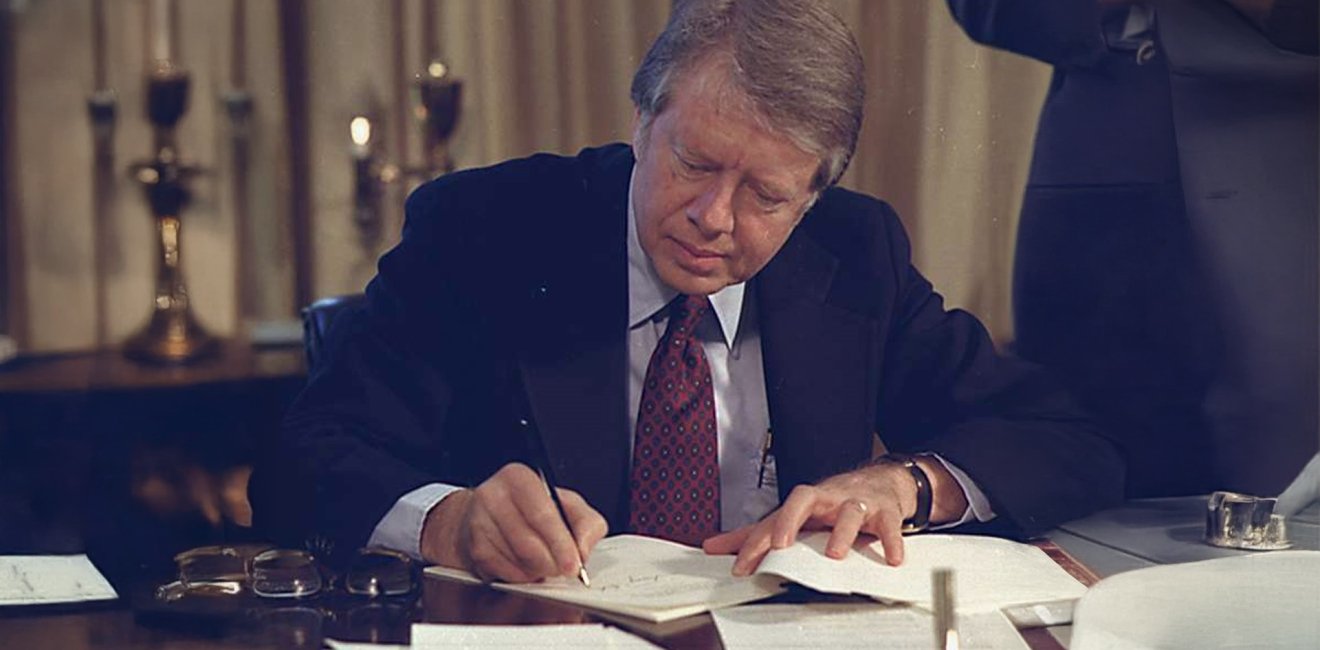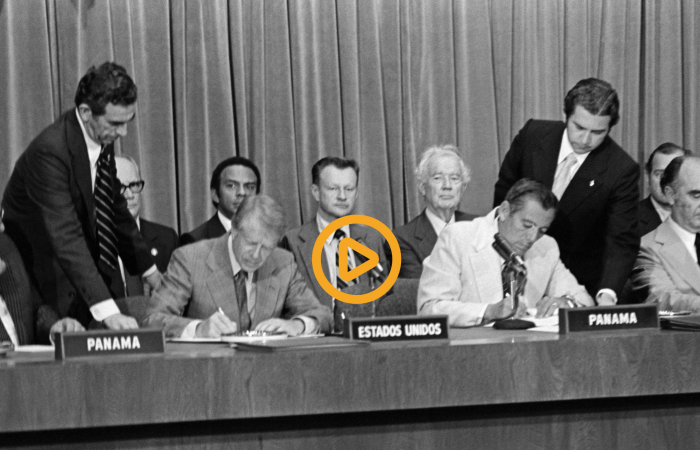
A blog of the Latin America Program

Former President Jimmy Carter died on December 29. During his four years in office and long post-presidency, he championed democracy, human rights, and electoral observation, including in Latin America. His policies—including the historic Presidential Directive 30 restricting foreign assistance to countries with bad human rights records—had profound impacts in the region, especially during the Cold War, when most Latin Americans lived under dictatorship. Carter represented a major change in US policy, speaking out against the arbitrary detention, torture, and forced disappearance of government critics even in countries that sided with the United States in its conflict with the Soviet Union. It made a difference. In Argentina, Carter helped end the country’s “Dirty War.” In Brazil, he supported the rise of the labor movement that produced President Luiz Inácio Lula da Silva. In Chile, he sanctioned the Pinochet regime. In Paraguay, he fought for democratic reforms and in 1993, observed the country’s first democratic elections. Last July, the Atlanta-based Carter Center was one of the few international observers that monitored Venezuela's elections and its conclusion, that the process “did not meet international standards,” helped shape international opinion regarding the deeply flawed process.”
One of Carter’s most transformative accomplishments was the Panama Canal Treaties, ratified by the Senate in 1977 after a prolonged and bitter national debate. The agreements committed the United States to turn over control of the Canal in 1999, resolving a decades-long dispute with Panama that had harmed the US image in the Americas. In 1964, riots over the Canal led to the deaths of 22 Panamanian students. In 1973, the United States vetoed a UN Security Council resolution on the Panama Canal. The Canal turnover, Carter said, demonstrated “that as a large and powerful country, we are able to deal fairly and honorably with a proud but smaller sovereign nation.”
To honor Carter, we explored his achievements in Latin America in a recent video explainer on his legacy in Panama.

Jimmy Carter's Most Transformative Accomplishment in Latin America
Learn MoreExplore More in Weekly Asado
Browse Weekly Asado
Dengue Haunts South America’s Summers

Lessons from Costa Rica’s Economic Transformation

Women and Latin America’s Digital Revolution
